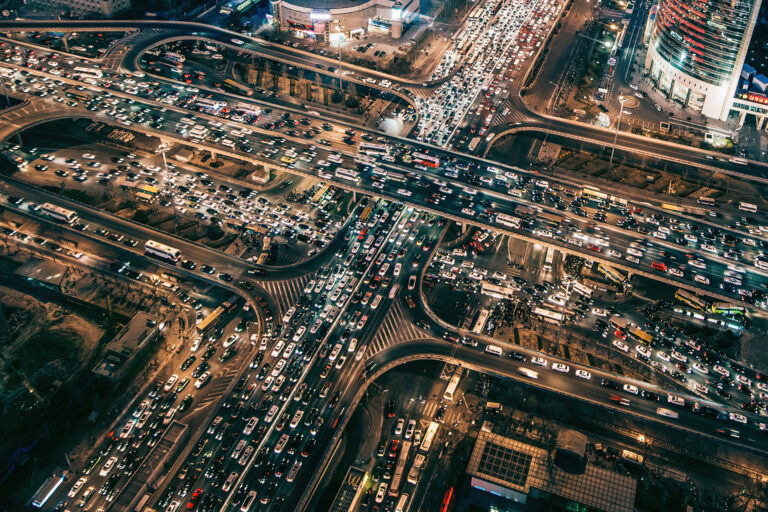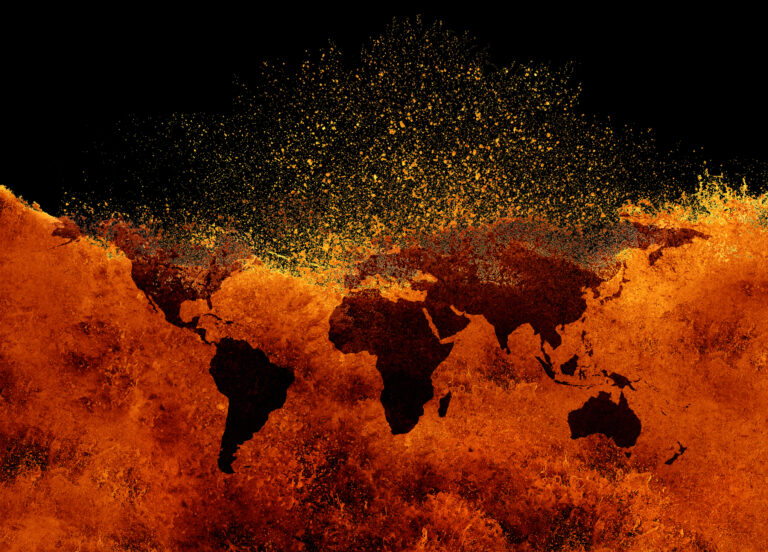We think of climate as a question of social survival and justice—and as an ethical imperative.
Natural disasters are not new to the planet. But disaster capitalism—an empire of profits built out of duress and calamity—is. Proclamations about the end of earth are not unprecedented. But the slow-moving cascade of civic conflict and refugee crises that they are now indissociable from, is. Shortages of food and manufactured famines are not new to many parts of the world either, especially those parts of the Global South that were subject to the rapacious plunders and drills of modern European empires. But the unbearable heating of the planet, which compounds global hunger and disparity, is. Which is why the content and form of coming struggles for social and political justice might in the end be decided by the shape that international institutions and national governments will give to arguments about climate justice.
At the Institute, we believe that the notion of social justice and human freedom requires rethinking the redistributive model of wealth and goods upon which modern liberalism has historically functioned, especially as we hurtle towards a world in which those resources that once seemed infinite and inexhaustible become increasingly scarce. How must citizenship and politics adapt to a world that has transformed fundamentally—in many ways, beyond recognition—from what it was when international laws for energy use or commerce in grain were first conceived and agreed upon? And what role might fear—the fear of a world without coal or oil, stoked by corporations that profit from their relentless mining—play in the coming battles for equality? What would democracy look like on a planet of scarcity and fear?
To think of politics within the framework of climate—and conversely, to think of climate as a question of social survival and justice— is not only ineluctable, it is also an ethical imperative. The harm caused by international inability and unwillingness to do so has already become obvious. But the effects of continued governmental negligence might, within a generation, become inexcusable. We must begin to think of a form of self-government in which climate policy is not a footnote but an opening gambit. For nothing that has ever been the business of modern government—security, peace, and rights—might be left untouched by the unprecedented convergence between planetary peril and political hope of millions in the global North and South.



